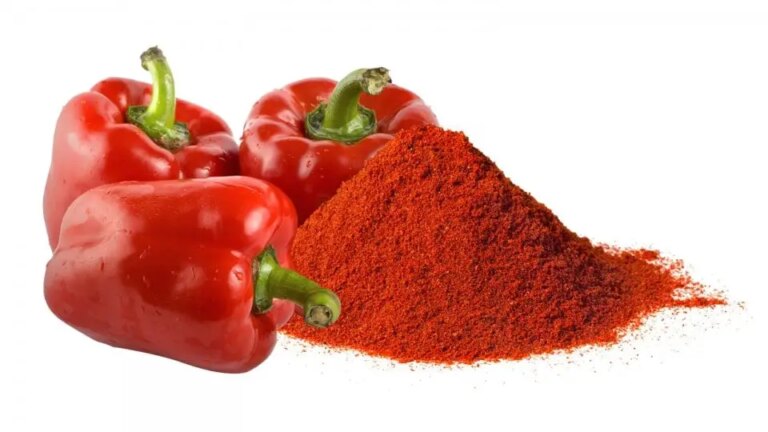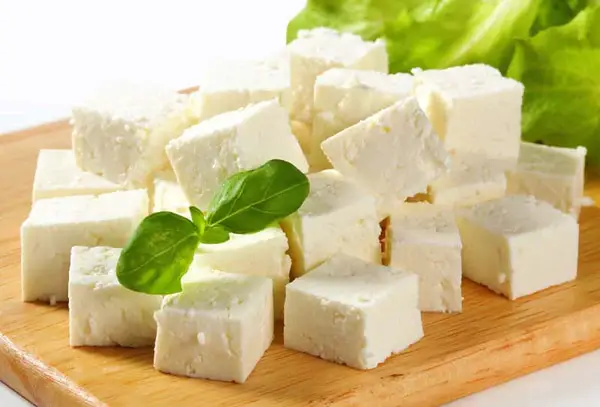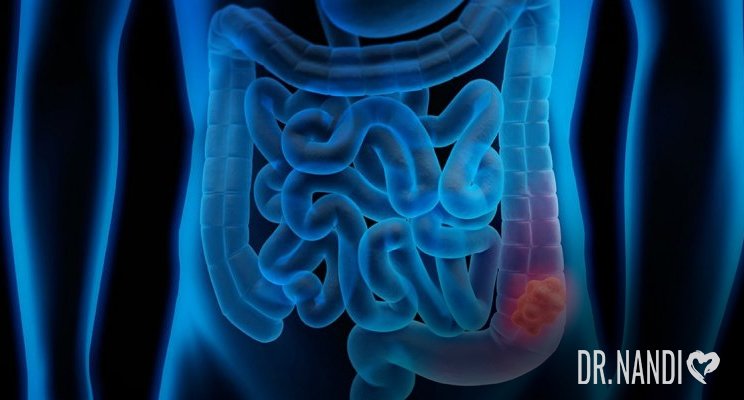Living with rheumatoid arthritis (RA) can be a challenging journey as it brings a myriad of symptoms that extend far beyond joint pain and stiffness. For about 40% of individuals diagnosed with RA, the effects of this autoimmune disease can reach beyond the joints, affecting various parts of the body that may come as a surprise. Rheumatoid arthritis affects over 1.3 million people in the United States alone, with most of the sufferers being women. [1,2]
While the true cause of rheumatoid arthritis remains elusive, new research from the University of Central Florida has revealed a potential link between this autoimmune disorder and a strain of bacteria commonly found in cow’s milk and beef.
What Is Rheumatoid Arthritis?
Rheumatoid arthritis is a chronic autoimmune disease characterized by inflammation, swelling, and joint pain, particularly affecting the hands and feet. In this condition, the immune system, which typically safeguards the body from bacteria and infections, mistakenly targets the joints as if they were threats to the body.
Without proper treatment, rheumatoid arthritis can lead to severe damage to the joints, bones, and surrounding cartilage.

Linking MAP to Rheumatoid Arthritis: UCF Study
Alongside other possible causes of rheumatoid arthritis, infection from bacteria and viruses have also been suspected as triggers in the development of rheumatoid arthritis.
A study by University of Central Florida (UCF) researchers published in Frontiers in Cellular and Infection Microbiology in 2018 is the first to connect rheumatoid arthritis to the bacteria Mycobacterium avium subspecies paratuberculosis (MAP).
In a previous study, researchers initially linked MAP with Crohn’s disease, leading to clinical trials of Crohn’s treatment using antibiotics. Considering the disease has the same genetic markers as rheumatoid arthritis, the researchers began investigating a possible link between MAP and RA.
“Here you have two inflammatory diseases, one affects the intestine and the other affects the joints, and both share the same genetic defect and treated with the same drugs. Do they have a common trigger? That was the question we raised and set out to investigate,” study co-author Dr. Saleh A. Naser said in a press statement.
For the recent study, Dr. Shazia A. Beg enlisted 100 of her rheumatology patients. The findings showed that 78% of patients with RA had a genetic mutation in the PTPN2/22 gene, the same mutation linked to Crohn’s disease. Additionally, 40% of those patients tested positive for MAP, which is commonly found in beef and cow’s milk. [3]
Understanding Mycobacterium Avium Subspecies Paratuberculosis (MAP)
Mycobacterium avium subsp. paratuberculosis, often called MAP, is a type of bacteria known for causing a disease called paratuberculosis or Johne’s disease. This disease mostly affects animals like cows, sheep, and goats, but it’s also been a topic of concern because it might have a connection to some human health issues.

Paratuberculosis (Johne’s Disease)
In animals, paratuberculosis is a chronic disease that mainly affects their digestive system. It can lead to poor growth, reduced milk production, and other health problems. The bacteria can be shed in the animal’s feces and can survive in the environment for a while.
Connection to Human Health
There’s ongoing research and discussion about whether MAP might be connected to certain human health issues, especially chronic inflammatory conditions like Crohn’s disease. Crohn’s disease is a type of inflammatory bowel disease that affects the human digestive tract. Some studies have found traces of MAP in the intestines of people with Crohn’s disease.
Animal Milk and Meat as MAP Sources
One concern is that MAP can be present in the milk and meat of animals that are infected with the bacteria. This has raised questions about whether consuming these products might expose humans to MAP.
Items that come from herds with MAP infection are likely to carry MAP bacteria. Roughly 50% of cows in the United States are estimated to carry MAP, underscoring the importance of understanding the potential risks associated with the consumption of animal milk and meat. Reports have found up to 560 MAP/ml of raw milk from individual cows. [4,5]
As of yet, no recommendation has been made to cut these food items out of your diet, but future research in this field will likely focus on the detection and removal of MAP from food sources.

My Personal RX for Reducing Rheumatoid Arthritis Risk
Taking proactive steps to minimize potential risks associated with MAP exposure can contribute to overall health and well-being. Here are some considerations for conscious consumption and effective hygiene practices.
- Choose Pasteurized Dairy Products: Opt for pasteurized milk and dairy products. Pasteurization is a process that involves heating the product to kill harmful bacteria, including MAP. This step can significantly reduce the likelihood of consuming MAP bacteria and potentially lower any associated health risks.
- Cook Meat Thoroughly: When preparing meat, ensure it is cooked thoroughly to eliminate any potential bacteria, including MAP. Proper cooking temperatures help destroy harmful microorganisms that might be present in raw meat.
- Maintain Personal Hygiene: Practice good personal hygiene, especially before handling or consuming food. Washing your hands with soap and water for at least 20 seconds can help prevent the transfer of bacteria from surfaces to your mouth.
- Consult Healthcare Professionals: If you have concerns about your health or are at risk for specific conditions like rheumatoid arthritis, consider consulting a healthcare professional. They can provide personalized advice based on your individual health status and needs.
- Take a Holistic Approach to Disease Prevention: Empower yourself with the vital knowledge needed for a health transformation. My 50-page Protocol guide offers practical tips, step-by-step guidance, food plans, and supplement and detox protocols – all aimed at enhancing your well-being and preventing diseases.
- Bolster Your Health With Supplements: Integrate the Men’s Core and Women’s Core Essentials into your daily regimen. This all-inclusive bundle is meticulously crafted to cater to the distinct nutritional requirements of both men and women, offering a potent blend of vitamins, minerals, and antioxidants that foster a vibrant and healthy lifestyle.

Sources:
- Rheumatoid arthritis: symptoms, diagnosis, and treatment | Arthritis Foundation. (n.d.). https://www.arthritis.org/about-arthritis/types/rheumatoid-arthritis/what-is-rheumatoid-arthritis.php
- Kotala, Z. (2018, June 9). Study finds bacteria in milk linked to rheumatoid arthritis. University of Central Florida News | UCF Today. https://www.ucf.edu/news/study-finds-bacteria-milk-linked-rheumatoid-arthritis/
- Sharp, R. C., Bég, S., & Naser, S. A. (2018). Polymorphisms in protein tyrosine phosphatase non-receptor type 2 and 22 (PTPN2/22) are linked to Hyper-Proliferative T-Cells and susceptibility to mycobacteria in rheumatoid arthritis. Frontiers in Cellular and Infection Microbiology, 8. https://doi.org/10.3389/fcimb.2018.00011
- Elze, J., Liebler-Tenorio, E. M., Ziller, M., & Köhler, H. (2012). Comparison of prevalence estimation ofMycobacterium aviumsubsp.paratuberculosisinfection by sampling slaughtered cattle with macroscopic lesionsvs.systematic sampling. Epidemiology and Infection, 141(7), 1536–1544. https://doi.org/10.1017/s0950268812002452
- Is MAP in food and water? (n.d.). Johne’s Information Center. https://johnes.org/is-map-in-food-and-water/


















